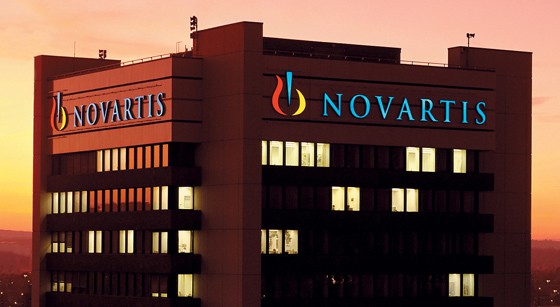
Novartis has convened a crisis meeting in the UK this week to try to draw attention to the country’s declining importance in pharmaceutical R&D.
The company is expected to tell government and NHS representatives that the UK is failing to keep up with emerging economies in terms of pharmaceutical competitiveness and is risking jobs and investment going overseas, according to a Daily Telegraph report.
Novartis’ global finance director Jon Symonds told the newspaper that the UK has made “great strides” in supporting the life sciences sector but the operating environment for pharma companies remains hampered by bureaucracy and delays in bringing new drugs to market.
NHS Trusts are slow to take up new drugs and organise trials, he contends, and the UK in general has “a very low uptake on innovation”.
The timing of Novartis’ crisis meeting has no doubt been selected carefully, coming just ahead of the government’s autumn budget statement.
Novartis has already downsized in the UK, with cutbacks at its manufacturing and R&D facility in Horsham announced last year affecting 550 jobs, although it has committed to keeping part of the site open, including its respiratory R&D operations.
The news added yet another blow to the UK’s pharmaceutical R&D sector, which had already been rocked in 2011 by the closure of Pfizer’s campus in Sandwich, with the loss of 2,400 jobs, and cutbacks at AstraZeneca, including the closure of its Charnwood site in Loughborough which employed 1,200 people.
In a speech due to be delivered tomorrow, Symonds is expected to say that Novartis has made considerable investments in recent years in China, Russia and Brazil because these countries “have each recognised the need to shift from being a consumer of innovation to a generator of innovation”.
Recent initiatives implemented by the UK government to try to improve the country’s standing in the pharmaceutical sector include the creation of a £180m life sciences fund to support small and medium-sized enterprises (SMEs) and the introduction of an NHS Scorecard to publicly name trusts that fail to make NICE-approved medicines available to patients.
At a recent research conference, both England’s chief medical officer Dame Sally Davies and the ABPI’s Dr Bina Rawal said that the UK had to make effective use of NHS data in pharma research to offer an advantage over other countries.




